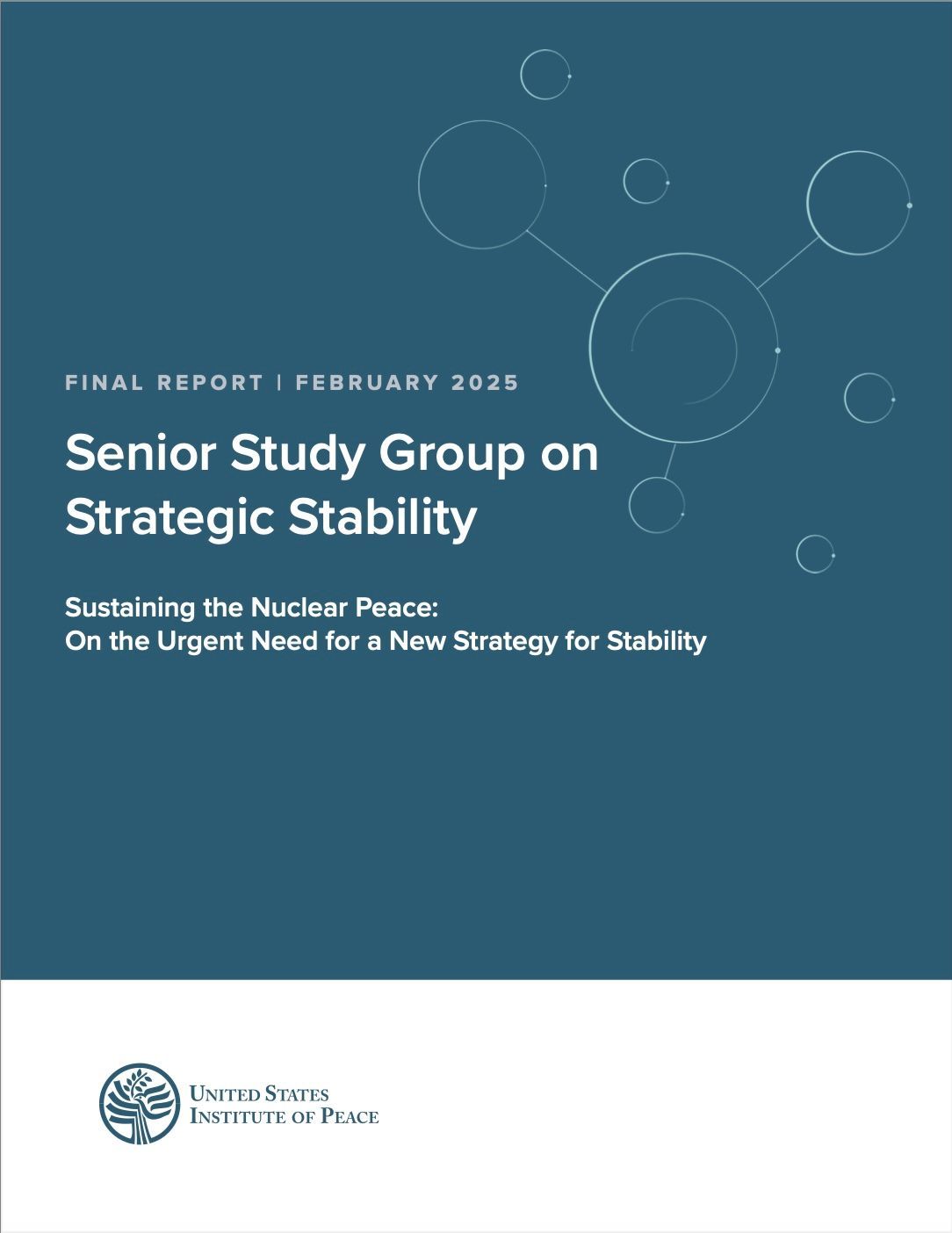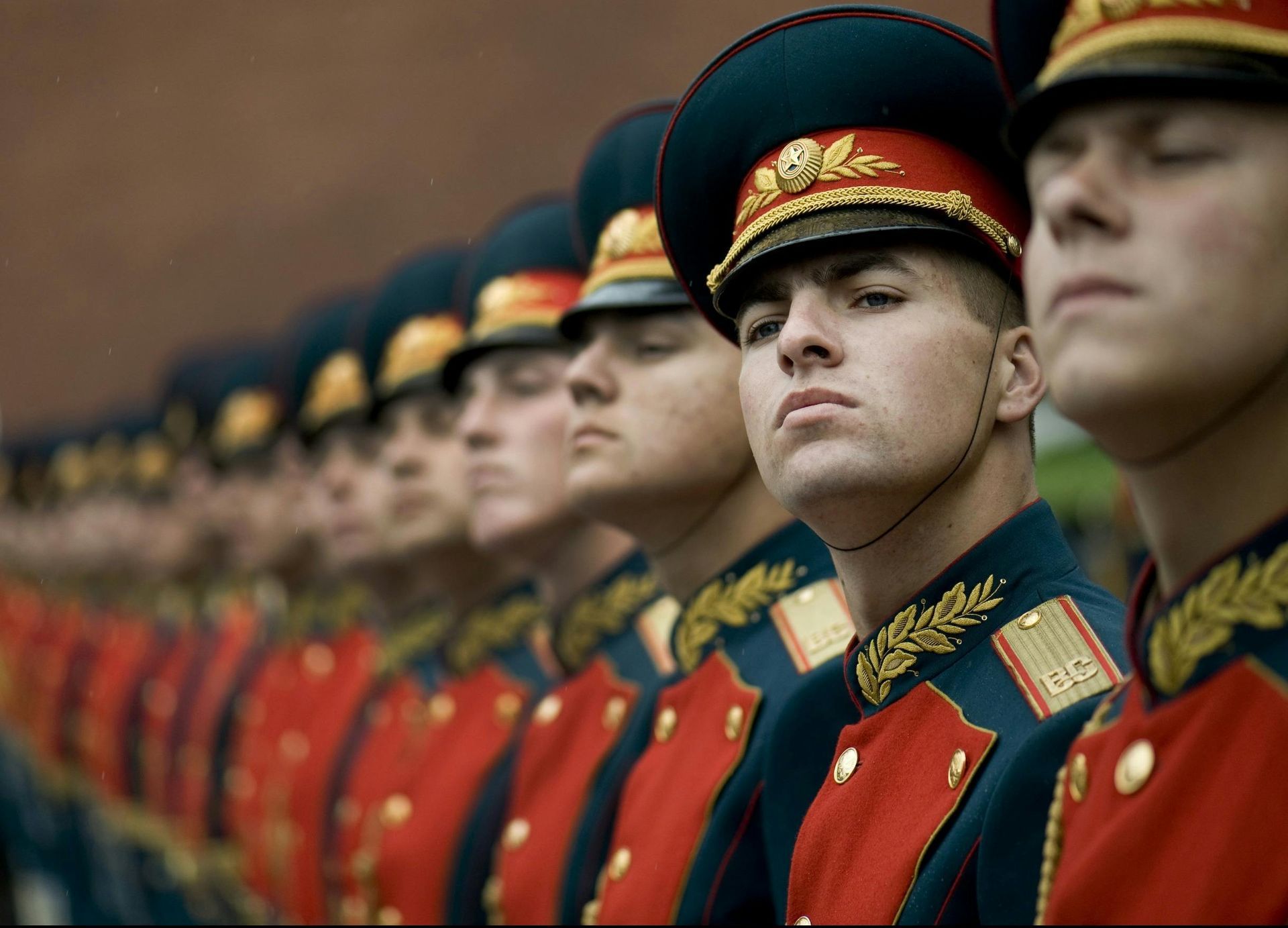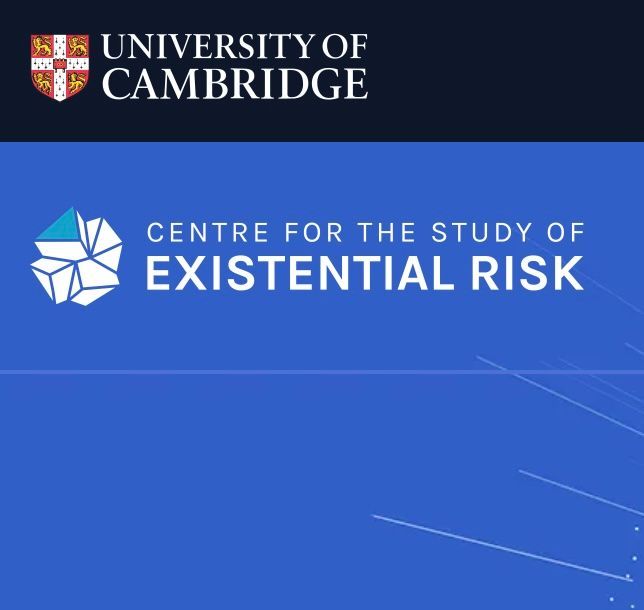GUEST BLOG: David Lowry Responds to Ford on the NPT
Note:
Dr. David Lowry -- the former head of the European Proliferation Information Center in London, contacted Chris Ford in order to respond to Ford’s last posting on “Strengthening the Review Process: Substance is Key.” Lowry directed NPF’s attention to a recent debate in the British House of Commons on the subject of the upcoming 2010 NPT Review Conference, and to comments made on this subject by NP Jeremy Corbyn. Dr. Lowry highlighted Corbyn’s remarks -- which can be found also on the Parliamentary website -- in response to Ford’s discussion of the Israeli nuclear situation. Lowry’s e-mail to Ford is reproduced below:
Chris ...
I don't share your analysis on Iran or the nuclear weapons states living up to their part of the NPT Grand Bargain, but I do agree movement on Israel's nuclear status is essential.
In a recent debate in the British Parliament [on November 11, 2009 ] on prospects for the NPT 2010 Review Conference, Jeremy Corbyn , a leftist Labour MP representing the Islington district in North London, made an interesting contribution. Inter alia , he said:
"The situation in Israel is slightly more complicated because it is not a signatory to the nuclear non-proliferation treaty, and has never sought to be. Israel's possession of nuclear weapons makes the concept of a nuclear-free weapons zone in the middle east extremely difficult. There are also problems with many of the neighbouring countries, which believe, understandably, that if Israel has nuclear weapons and the west cannot persuade it to disarm, they may feel pressure perhaps to develop them one day.
“There are some interesting signs, and I want to quote from a document that may be of some interest. The Paris summit of Mediterranean countries was held on 13 July 2008, under the co-presidency of the French Republic and the Arab Republic of Egypt and in the presence of Israel, which was represented by its then Prime Minister, Ehud Olmert. It discussed the issue of peace within the region, and said that it was in favour of
‘regional security by acting in favour of nuclear, chemical and biological non-proliferation through adherence to and compliance with a combination of international and regional nonproliferation regimes and arms control and disarmament agreements such as NPT,’ “the chemical weapons convention, the biological weapons convention, the comprehensive nuclear test ban treaty, and so on.
“The document goes on to say:
“ The parties shall pursue a mutually and effectively verifiable Middle East Zone free of weapons of mass destruction, nuclear, chemical and biological, and their delivery systems. Furthermore the parties will consider practical steps to prevent the proliferation of nuclear, chemical and biological weapons as well as excessive accumulation of conventional arms; refrain from developing military capacity beyond their legitimate defence requirements, at the same time reaffirming their resolve to achieve the same degree of security and mutual confidence with the lowest possible levels of troops and weaponry and adherence to CCW ...’
“-- the convention on certain conventional weapons [ i.e. , Chemical Weapons Convention, or CWC] --
‘promote conditions likely to develop good-neighbourly relations among themselves and support processes aimed at stability, security’
“and so on. The reason why I quote from that document is that at that conference, which was hosted by France and attended by Britain, there was participation by Israel that appeared to envisage a process towards some degree of nuclear disarmament or adherence to some kind of international convention. We should seize on that and try to encourage Israel in that direction, because the implications of not achieving nuclear disarmament by Israel are that the pressure is then on in other countries, from the military, from industries and from lots of super-nationalist people, for those countries-be it Egypt, Iran or anywhere else-to develop their own nuclear weapons. No one wants that; no one wants that armament happening.”
I agree with him.
-- Dr. David Lowry







